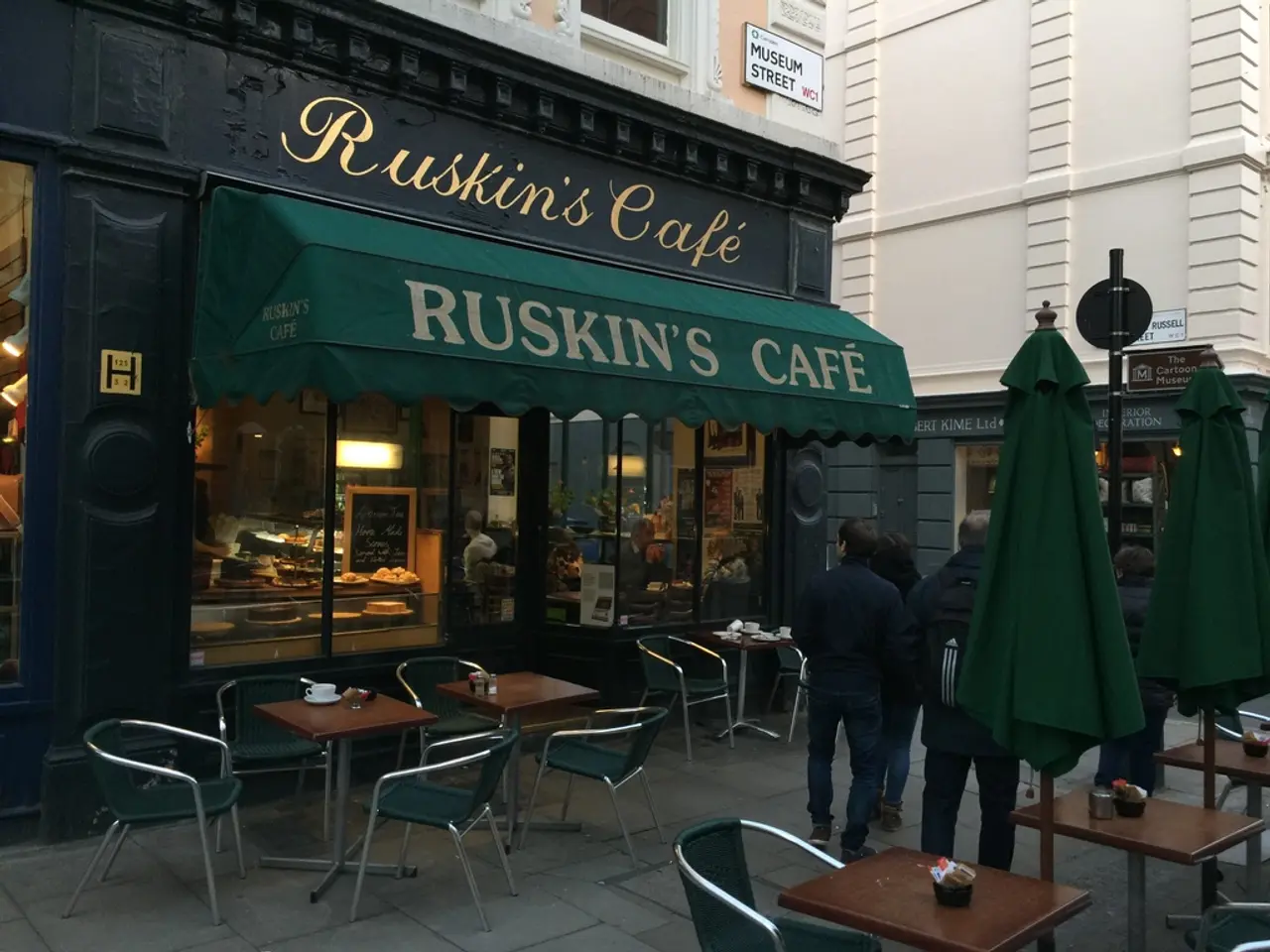Russians Taking Vacation En Masse: Understanding the Reasons and Tasks Involved
In southern Russia, a million seasonal workers from abroad have reportedly destroyed crops, but this article will focus on a different issue: the high percentage of Russians working during their vacation.
According to a survey, about 56% of Russians are forced to return to work during their vacation, with some even skipping their holidays altogether. Boris Kravchenko, President of the Confederation of Labor of Russia, has commented on this situation, emphasizing the importance of taking a proper vacation.
The reasons for this workaholism are multifaceted. A significant portion of employed Russians continue to work during their holidays, with 7% doing so all the time, 13% often, and 23% sometimes. This work culture, where detaching from work completely during vacation is less common, is influenced by economic pressures and the widespread availability of technology.
While an average salary figure in sectors like travel has slightly increased, financial necessities or job insecurity might pressure employees to stay connected to work even during breaks. The availability of smartphones and internet access enables and encourages work during vacation periods.
However, working during vacation has notable impacts on health and productivity. Continuing to work reduces the opportunity for full mental and physical recovery, leading to burnout, lower immune function, and other health issues. Without proper rest and relaxation, employees may experience decreased focus, creativity, and efficiency when they fully return to work, potentially undermining long-term performance.
Kravchenko, in his comments, has emphasized that rest is necessary to restore strength and abilities for productive work. He also clarified that rest is a legal right, enshrined in the Constitution. He advises that even if one considers themselves indispensable, they should still take a proper vacation.
The norms for work hours, vacations, and additional vacations for hazardous working conditions are based on these findings. The recent wage race is coming to an end, with wages increasing by 17.5% last year, but the pace slowing down. Despite this, a serious staff shortage persists in almost all economic sectors in Russia, making it crucial for employees to prioritize their health and well-being.
In summary, the high rate of Russians working during their vacation is shaped by a work culture less inclined toward complete disconnection combined with economic and technological factors. This practice likely undermines the restorative purpose of vacation, harming health and diminishing productivity over time. However, specific direct data on health and productivity impacts within the Russian context is not available, so these conclusions rely on general occupational health research principles.
Business and finance play crucial roles in the phenomenon of Russians working during their vacations. Economic pressures, such as financial necessities or job insecurity, might force employees to remain connected to work even during breaks, while the availability of smartphones and internet access enables and encourages work during vacation periods.




